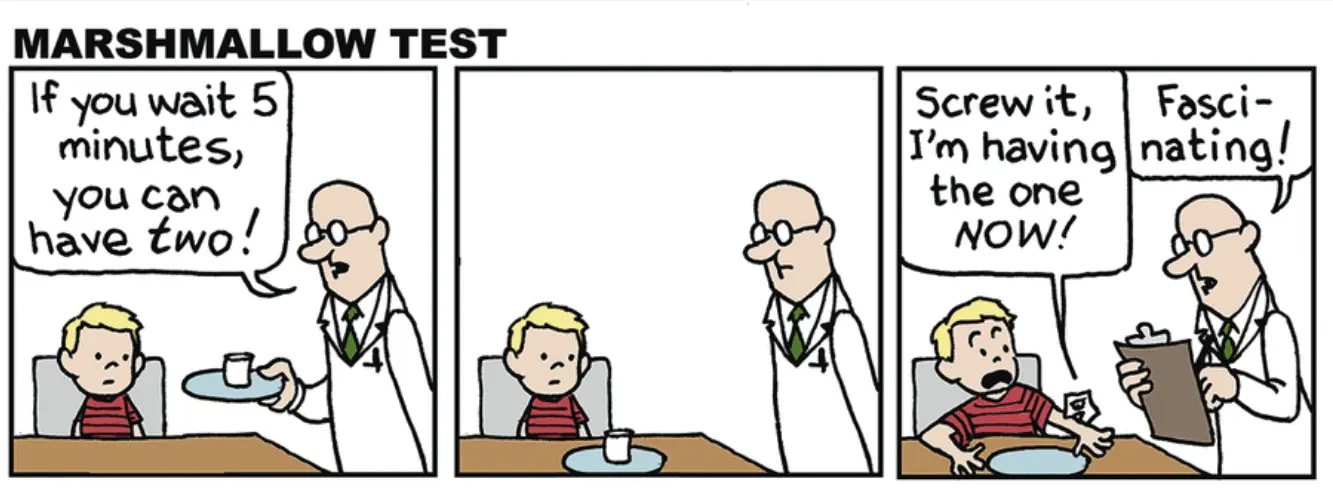this post was submitted on 09 May 2025
481 points (95.3% liked)
Comic Strips
16499 readers
2482 users here now
Comic Strips is a community for those who love comic stories.
The rules are simple:
- The post can be a single image, an image gallery, or a link to a specific comic hosted on another site (the author's website, for instance).
- The comic must be a complete story.
- If it is an external link, it must be to a specific story, not to the root of the site.
- You may post comics from others or your own.
- If you are posting a comic of your own, a maximum of one per week is allowed (I know, your comics are great, but this rule helps avoid spam).
- The comic can be in any language, but if it's not in English, OP must include an English translation in the post's 'body' field (note: you don't need to select a specific language when posting a comic).
- Politeness.
- Adult content is not allowed. This community aims to be fun for people of all ages.
Web of links
- [email protected]: "I use Arch btw"
- [email protected]: memes (you don't say!)
founded 2 years ago
MODERATORS
you are viewing a single comment's thread
view the rest of the comments
view the rest of the comments

This experiment was not specifically about whether a kid would wait for the second marshmellow or not (which would be delayed by 20+ minutes), nor whether they would play with the roomful of toys, but to see how they grew up. The real test was to catch up with the adults and see how 'successful' they'd become. The experimenters found that those children who waited for the second marshmellow achieved higher grades and had more 'successful' better-paying careers.
It's the concept of delayed rewards vs immediate rewards and is prevalent in the world of machine learning.
later replications of the test showed that the difference between kids waiting or not, and successful or not was significantly related to their parents financial status, in other words, the broke kids ate the stuff that was in front of them, because they learned that promises are not always kept
A bird in the hand is better than two in the bush!
Excerpts from Wikipedia:
It's great for a confirmation bias, but such a study is way too simplistic to really reach a conclusion. Oh, and: